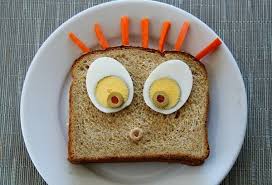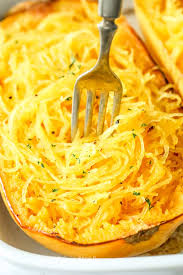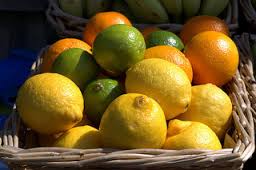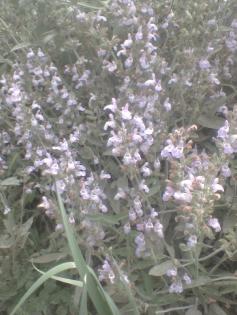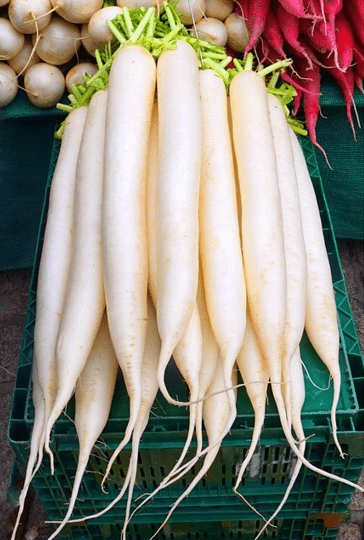Here it is, the date marked red in the calendar, that so many parents marked X’s on the days leading up to its arrival – September 1st. The schoolbags are packed, the books are wrapped, the lunch boxes are packed, and the kids are sent away, with mixed feelings of pride, longing and relief.
The (very) very long summer vacation days are replaced by routine school days, and accordingly – The three daily meals (even if, towards the end of the vacation they looked like cornflakes for breakfast, leftovers from yesterday or pasta for lunch, and pizza for dinner) must be replaced with a nutritious, tasty and fun meal packed in a lunch box. What should we put in it? I have compiled a detailed list of all the delicious products that are available at our store (and also available by home delivery).
Sandwich stuff. There are a few classic combinations: a nice layer of silan and/or peanut butter. You can make a sandwich with good organic goat cheese, tomato and fresh lettuce. Or tehini, pickles and cooked egg. Alongside the sandwich – a sweet fruit, and a small treat.
A fun fruit that is now in season is the lychee, so you can peel a few and place them in the small cell in the box. Kubo, Apple cactus, (pink on the outside, white with black seeds on the inside) is sweet and tasty, and mango can be cut into slices or cubes, cubes of melon or watermelon, apple cut into quarters and held with a rubber band…
Ideas for a sweet treat can include a date snack, smoothie, or some dates (the Zahidi are wonderful right now!), or any dried fruits is a good addition: they are sweet and tasty, contain the sugar kids love, but come with a low glycemic index allowing the sugars to break down over time – in comparison with their industrial counterparts that are loaded with white sugar (and often contain more than one type of sweetener, like Glucose syrup, or dextrose and such), which boosts the body's energy levels and makes the child agitated and un-focused.
Sometimes it is challenging to advise children regarding food, and also, one's sense of taste develops as he gets older (I remember clearly when I was a child frequently I was advised to replace the sugar, for example, in tea with a teaspoon of honey – and I didn't like it. Drinking vegetable juice was not even up for discussion – I would drink that Yuck with a sour face only after my parents' everlasting nagging. And today, I can say with a full mouth: I think green smoothies are delicious, sometimes much more than ice cream that is too sweet for me and doesn't make me feel good in my stomach).
We so much want them to be healthy, comfortable and feeling good, and they sometimes want something flashy, including cartoon characters on the wrapping, containing bonus stickers or collectible cards, or, at the very least, based on strong, synthetic flavorings. And still – we do what we can and we hope that even if occasionally they do eat something that is not "food" and whose nutritional value may be equivalent to the nutritional value of the packaging itself, there is also value to the example we provide for them, to the abundance of healthy foods and habits they are exposed to. Hoping they can grow and gain a sense of what is healthy for the body and what is not.
Eating organic food sometimes requires little effort (because sometimes the fruit we wanted is out of season, or not yet in season – the supermarket has it, and sometimes it is cheaper at the supermarket, because the fruit doesn't necessarily show whether it is organic or sprayed with harmful synthetic materials).
We should always remember that this effort is worthy and beneficial: because there are studies that point to short-term and long-term health benefits when avoiding the consumption of foods with pesticide residue (for example, reducing the risk of asymptomatic diseases of old age, such as Parkinson's, or lymphoma); Because it is better for the Earth – and we want to leave a healthy piece of land for our children to live on; Because there are studies that specifically point to the damages caused in the neural system of children who were exposed to pesticides (and yes, ADHD is one of the problems that they talk about in these studies).
Have a successful and healthy year!
Yours,
Maggie's Garden team
Forecast:
In the ORGANIC vegetable baskets we expect (draft only):
Cucumber
Tomato
Lettuce
Potato
Eggplant
Onion
Parsley
Pumpkin
Green Onion
The LARGE organic vegetable baskets also include:
Butternut Squash
Cilantro
Beet
In the ORGANIC fruit baskets:
Melon
Banana
Zahidi dates
The LARGE organic fruit baskets also include:
Mango
Grapes
New! New! The ORGANIC Green Basket:
Swiss chard
Celery
Basil
Spinach
Dill
A kind of lettuce
Mint
Sprouts

